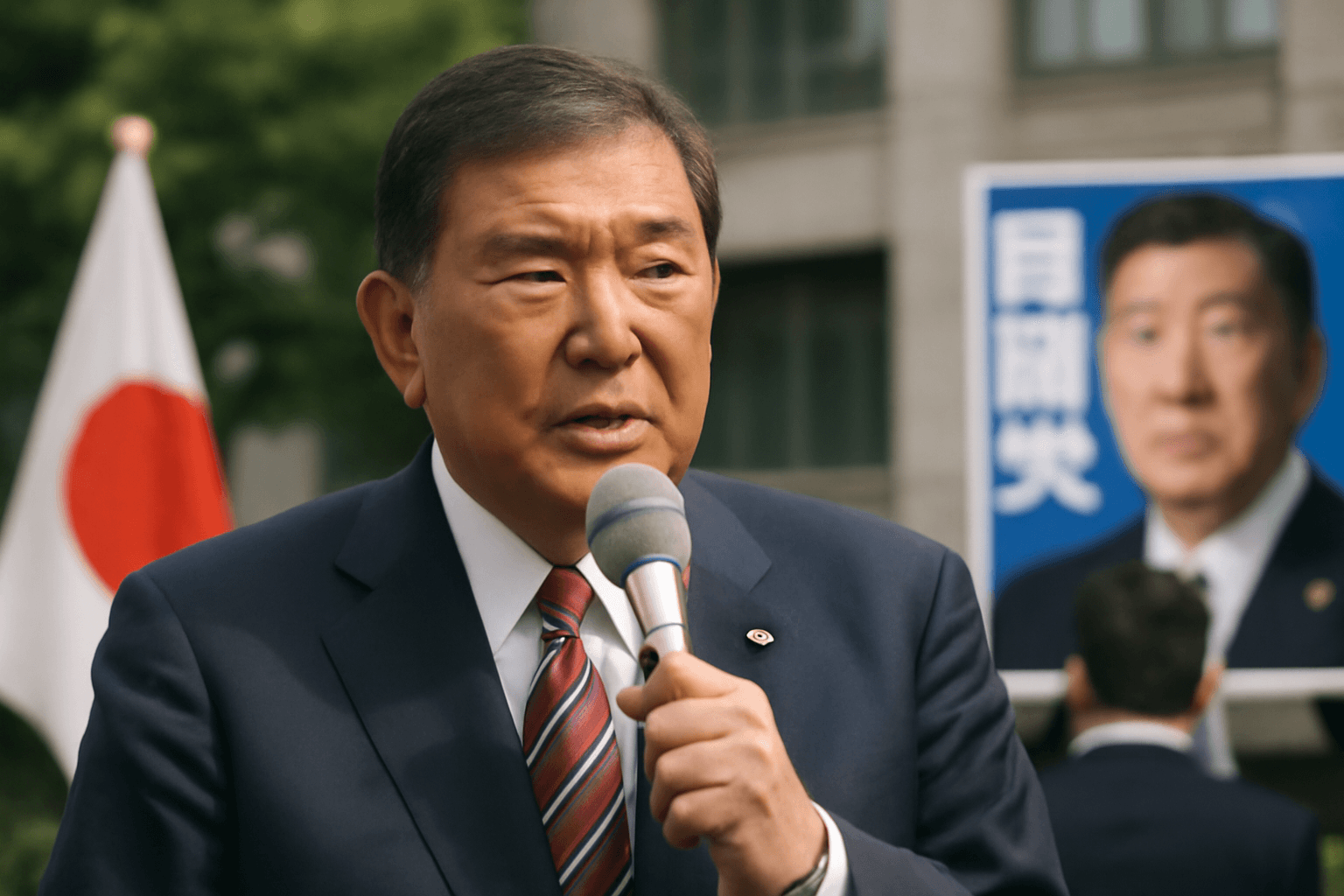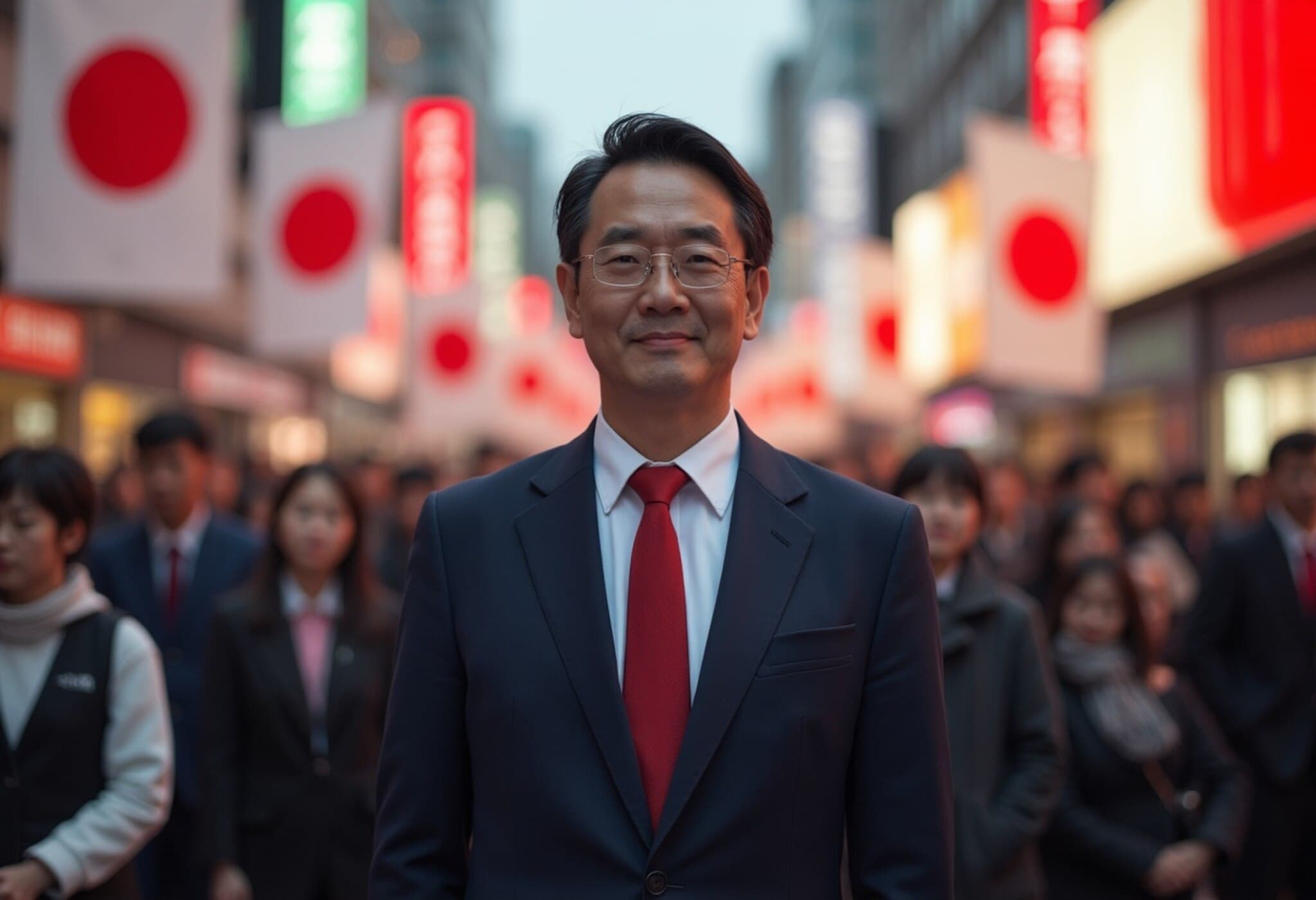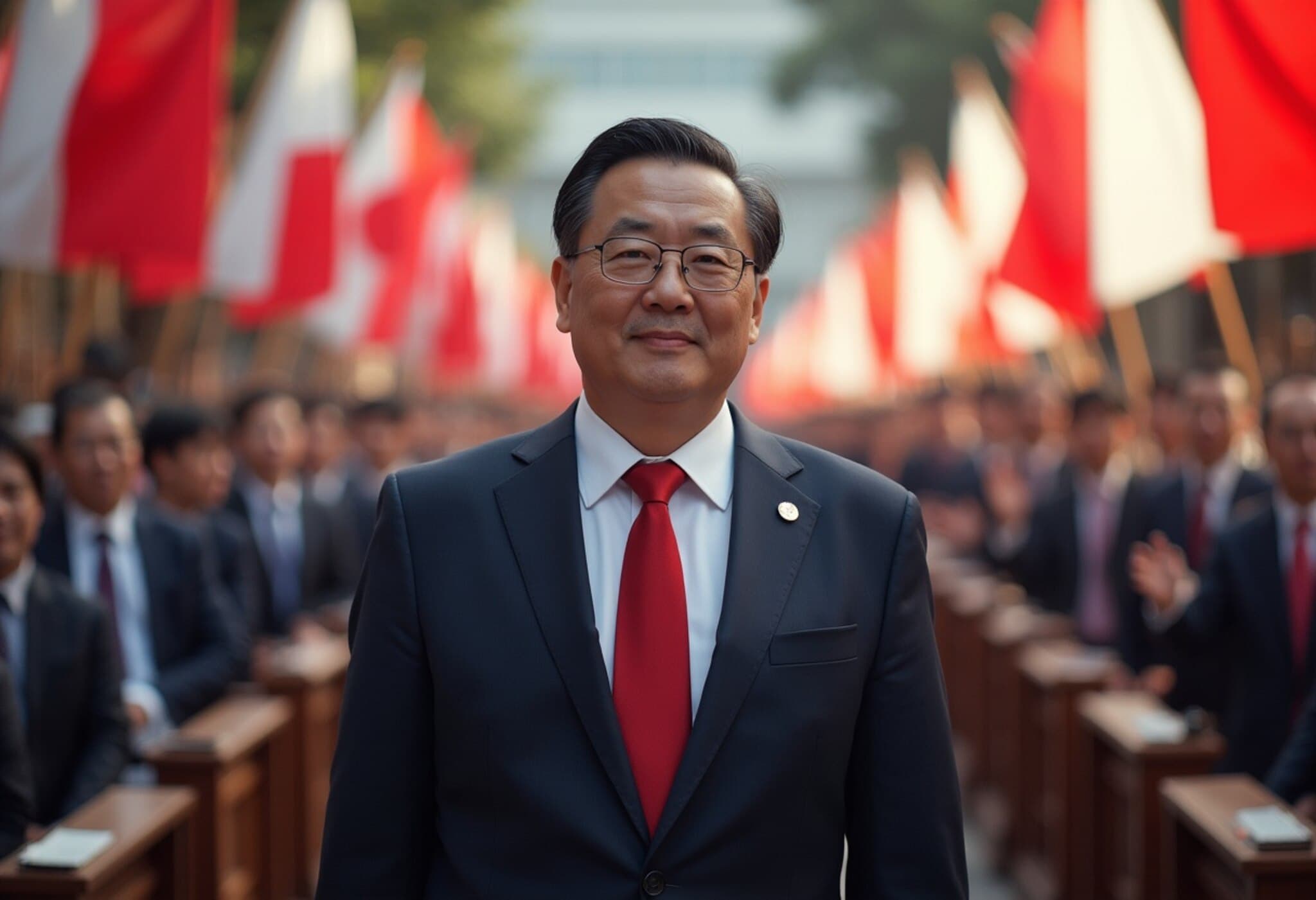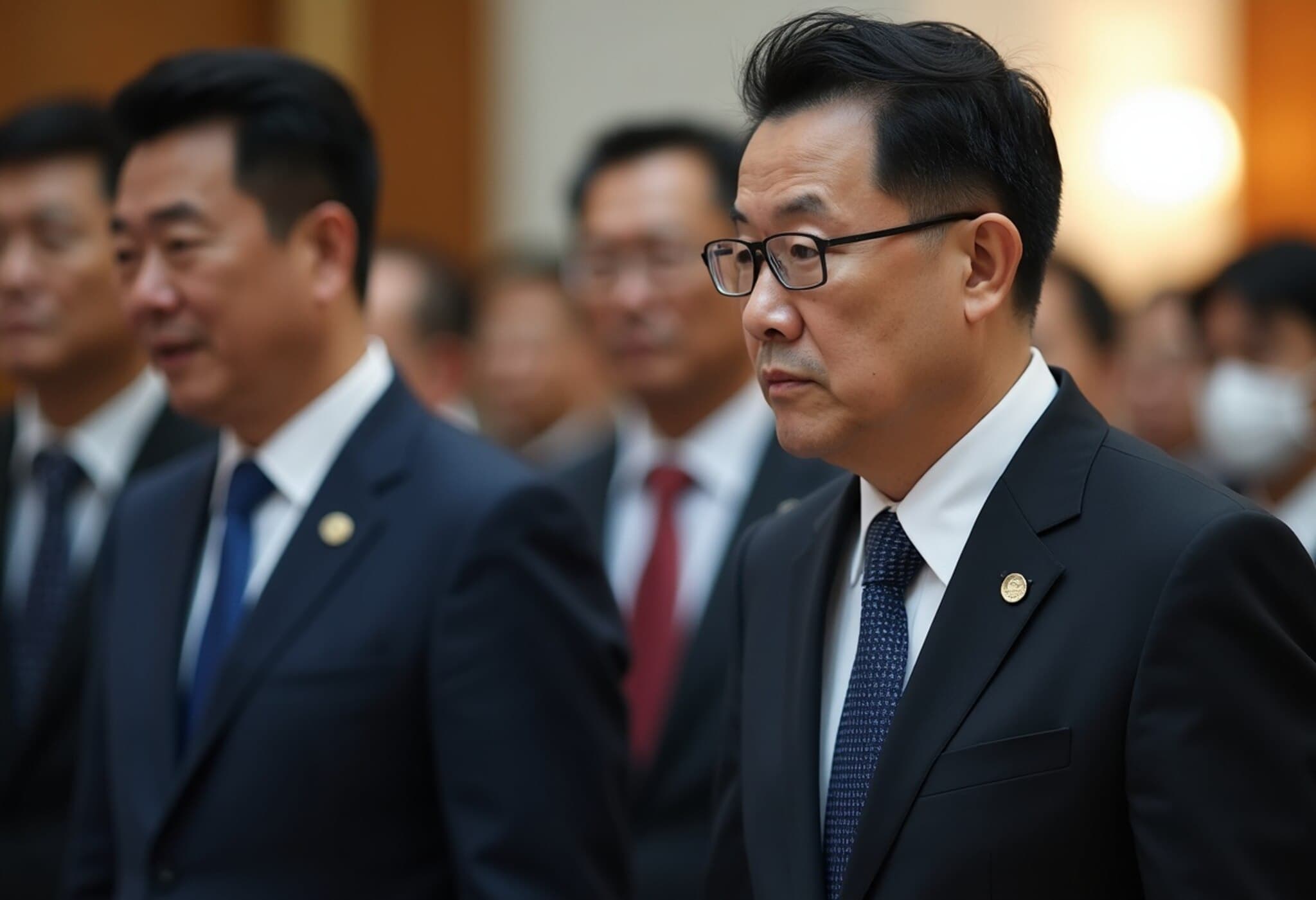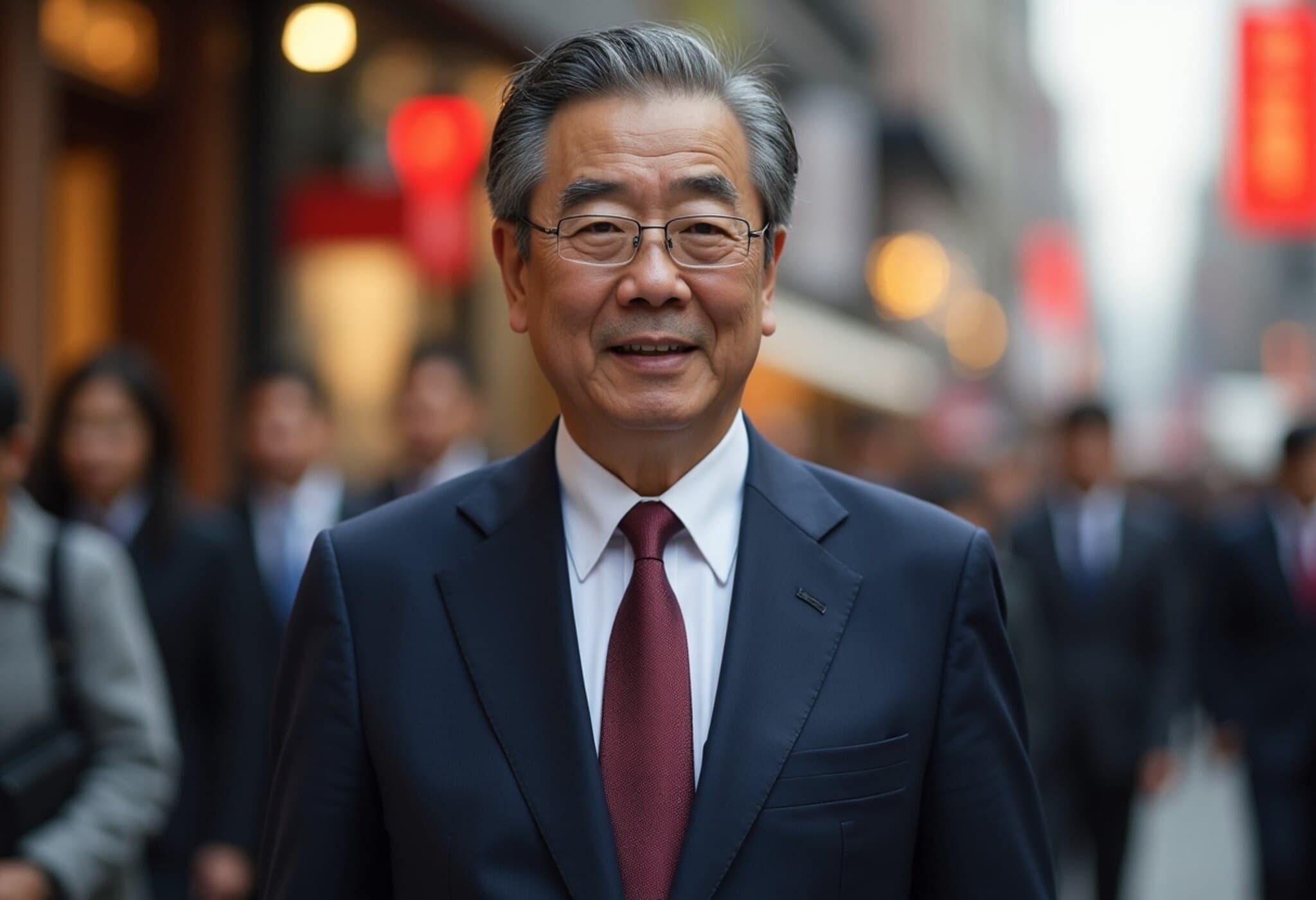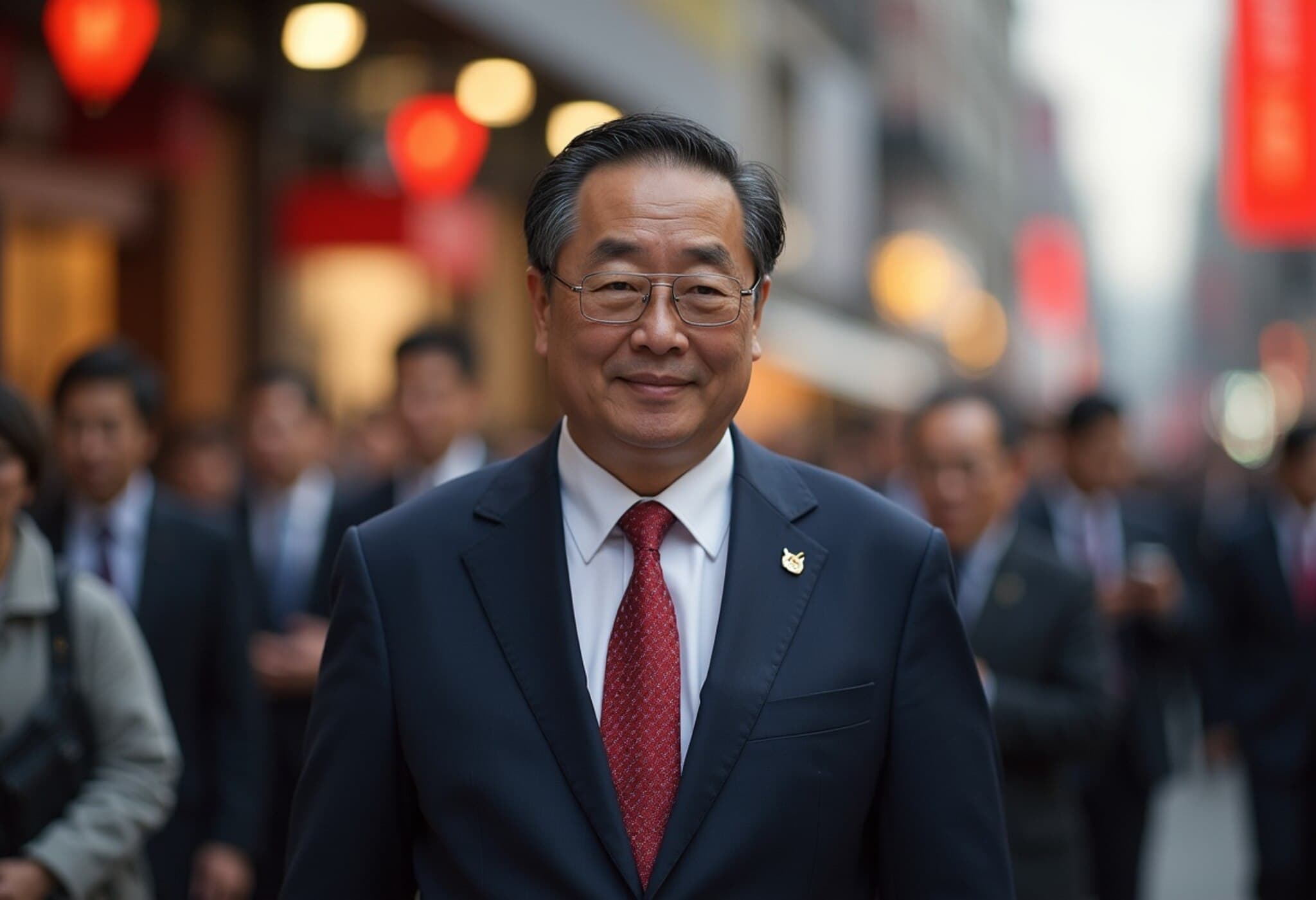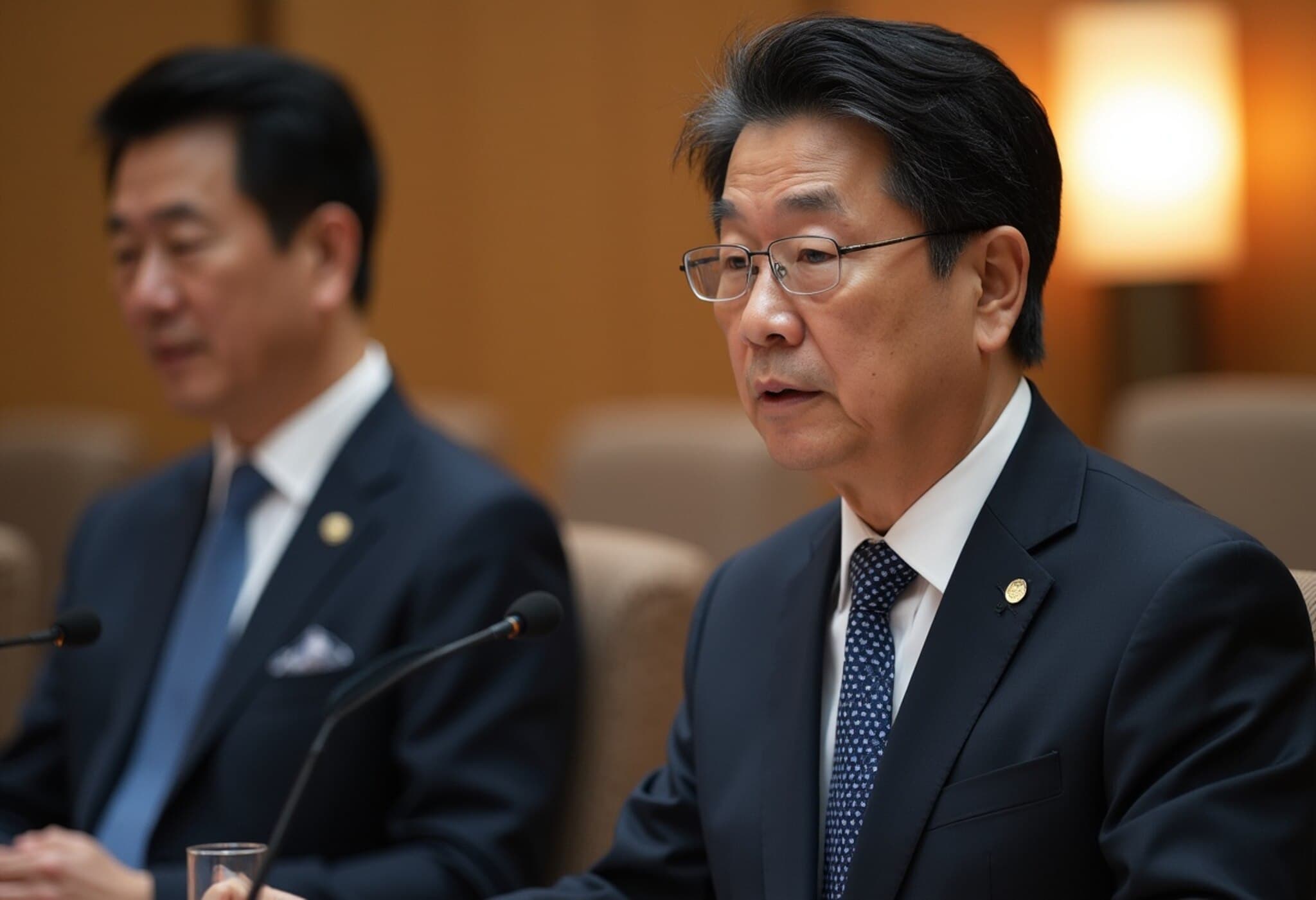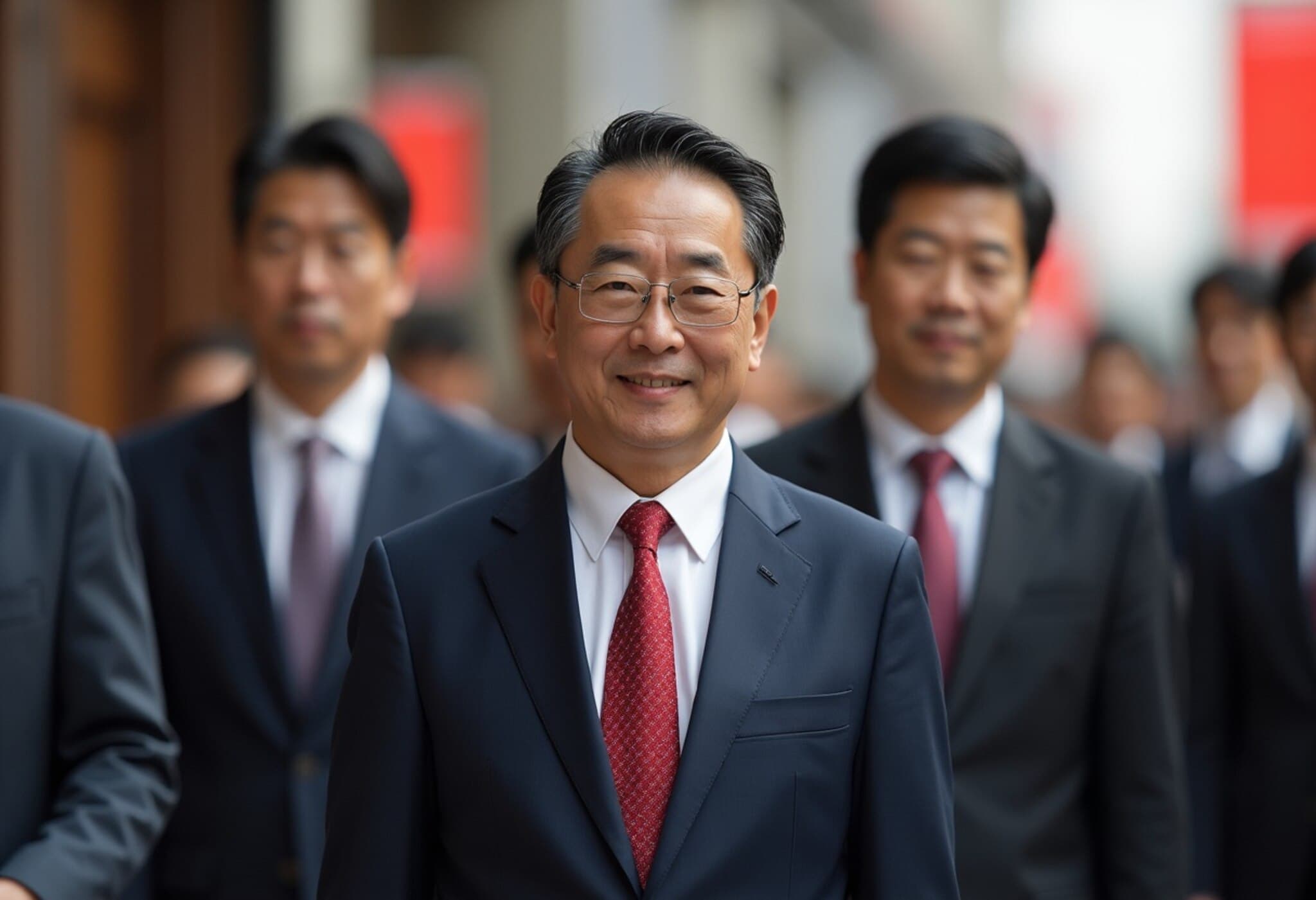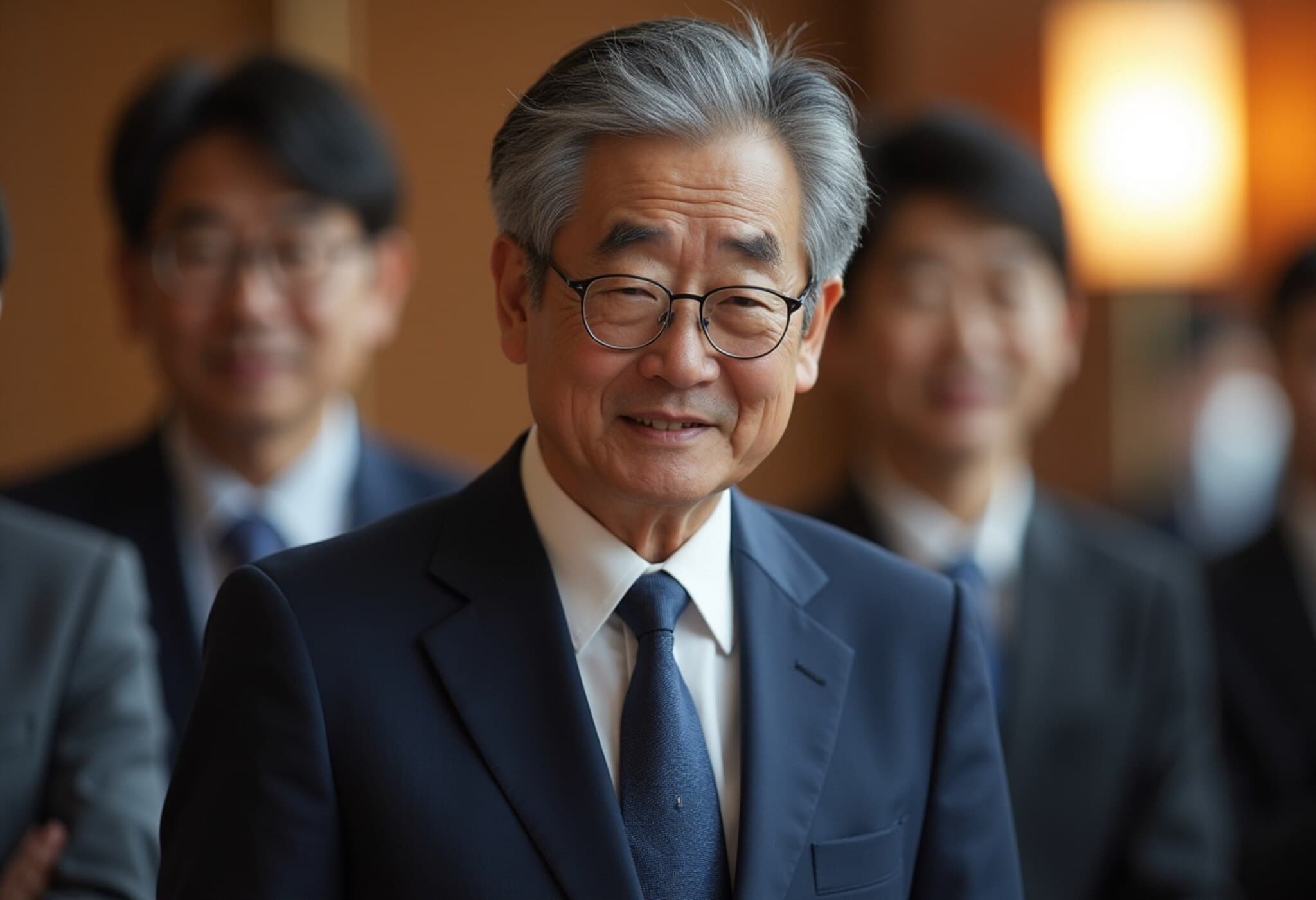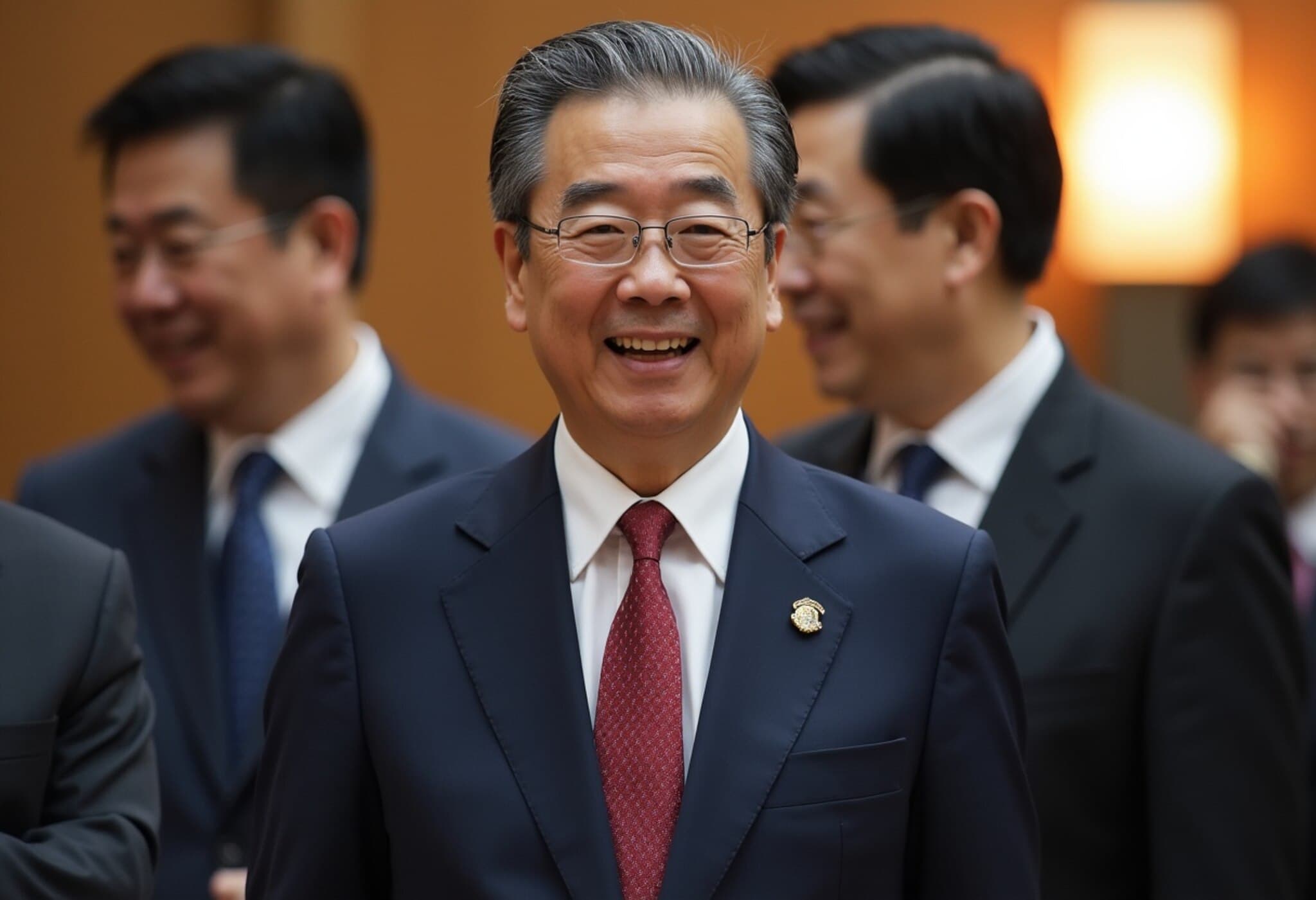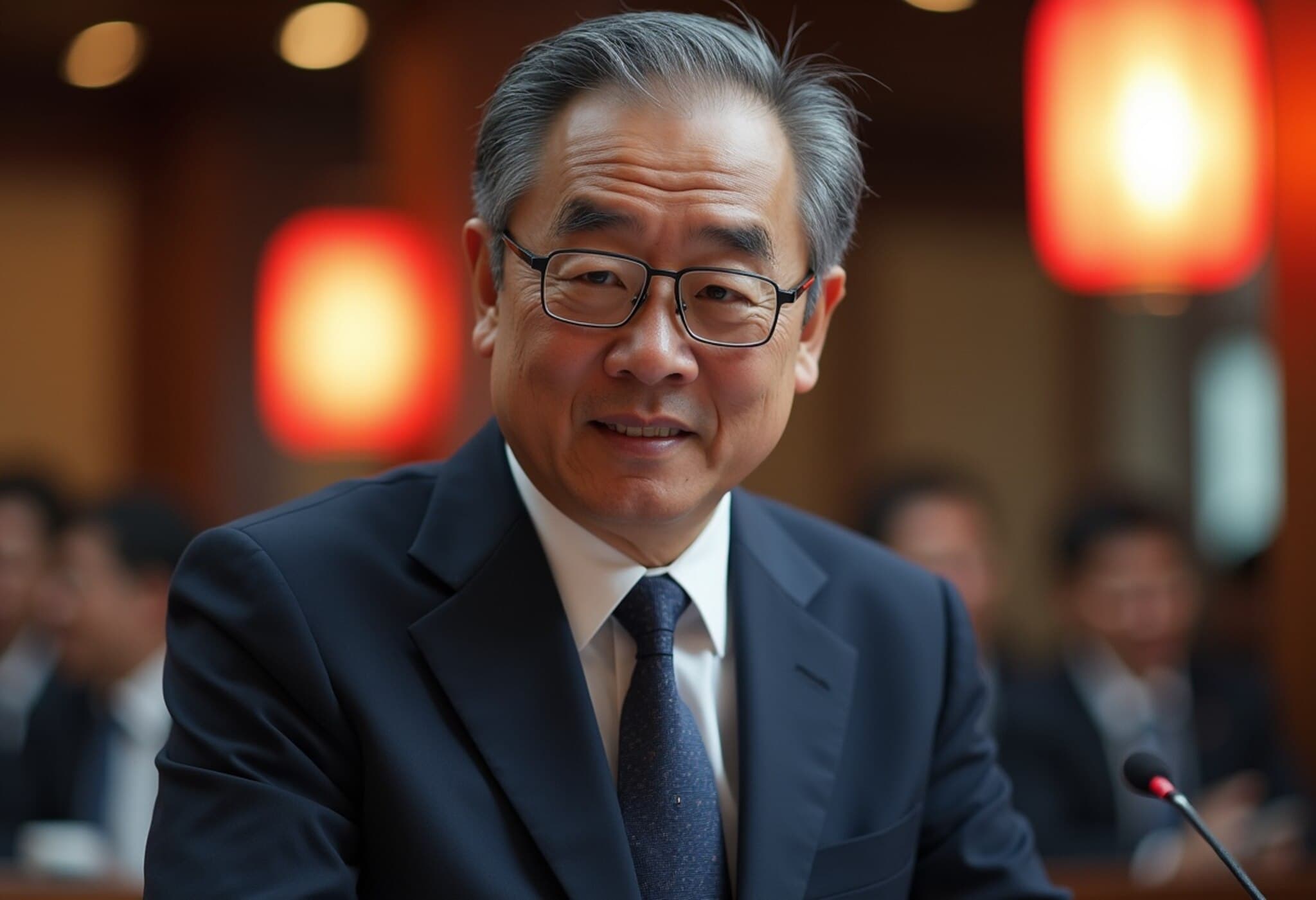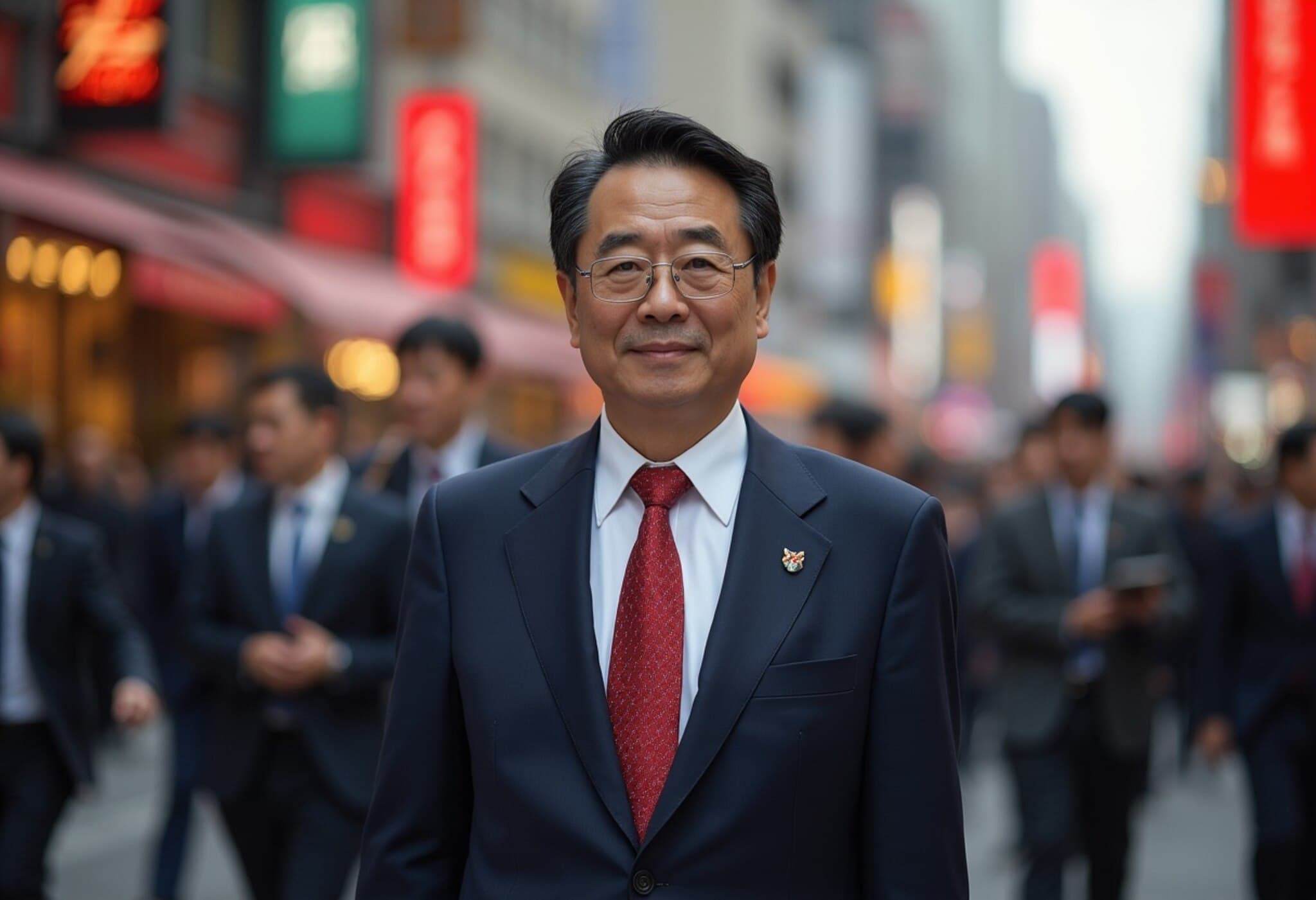Japan’s Political Landscape: A Pivotal Election Looms
As Japan approaches its critical upper house elections this Sunday, Prime Minister Shigeru Ishiba confronts a daunting political reality. Recent polls reveal that the ruling coalition, comprising the long-dominant Liberal Democratic Party (LDP) and its junior partner, the Komeito party, risks losing its upper house majority — a blow that could drastically reshape Japan’s political future.
The Stakes: Why This Election Matters
The upper house holds 125 of its 248 seats up for grabs in these elections. The LDP-Komeito coalition, already weakened by last year’s general election defeat and internal scandals, is fighting to maintain control. Losing the majority would severely restrict Prime Minister Ishiba’s legislative power, forcing him to seek fragile alliances with the opposition to pass bills — if he manages to stay in office at all.
Polling Trends Signal Trouble Ahead
- According to a Kyodo News poll, the ruling bloc is “on course” to lose its majority, a development likely to amplify calls for Ishiba’s resignation.
- The influential Nikkei business daily highlights the coalition’s projected significant losses and doubts over its ability to retain control.
- Public discontent centers on rising inflation, particularly the surge in rice prices, combined with dissatisfaction over LDP’s internal controversies.
- Smaller, anti-establishment opposition parties have gained traction, peeling away voter support from the LDP.
Why Are Voters Turning Away?
Prime Minister Ishiba, 68, who ascended to LDP leadership in September after a turbulent general election, faces eroding public support. A recent NHK poll shows his cabinet’s approval slipping to 31%, down from 39% in June. This decline reflects voters’ frustration with economic pressures and the government’s handling of them.
Economic Pressures and Political Promises
To alleviate public hardship amid soaring prices, Ishiba has proposed one-time cash handouts. Meanwhile, most opposition parties advocate for more sweeping measures, including cutting or abolishing Japan’s sales tax — a policy option that finds favor among 52% of the population surveyed in the same NHK poll. Only 17% prefer direct cash relief.
Expert Insight: What Does This Mean for Japan’s Future?
Japan’s upper house elections are more than a routine political contest; they are a referendum on the government's ability to tackle economic challenges and maintain political stability. For Ishiba, who has held office for less than a year, losing this election could mean a premature end to his premiership and a potential realignment within the LDP.
Political analysts suggest that the rise of smaller opposition factions signals a growing appetite among Japanese voters for alternatives beyond the traditional political establishment. This trend may push Japan’s mainstream parties to recalibrate their policies, especially concerning economic relief and social welfare.
What Lies Ahead?
Sunday’s results will serve as a barometer for public sentiment ahead of the next general election cycle. The LDP’s response to this challenge will be critical, particularly on navigating inflation, addressing voter concerns, and managing internal party dynamics. For international observers, Japan’s political stability is paramount, given its strategic importance in East Asia and its economic ties worldwide.
Key Questions Moving Forward:
- Will Prime Minister Ishiba step down if the coalition loses the majority?
- How will the LDP reshape its policies to regain public trust?
- What impact will the rise of anti-establishment parties have on Japan’s governance?
- Can Japan balance economic reforms with social welfare to address inflation?
Editor’s Note
Japan stands at a crossroads as the upper house elections hold the potential to redefine its political leadership and policy priorities. With economic challenges pressing heavily on everyday citizens, the electorate’s mood is clearly shifting. For a nation that has weathered decades of political stability under the LDP, these results could herald a new era — but whether it brings renewal or deeper uncertainty remains to be seen. As voters cast their ballots, the world watches not only the fate of a prime minister but also Japan’s path forward amid growing domestic and global complexities.

